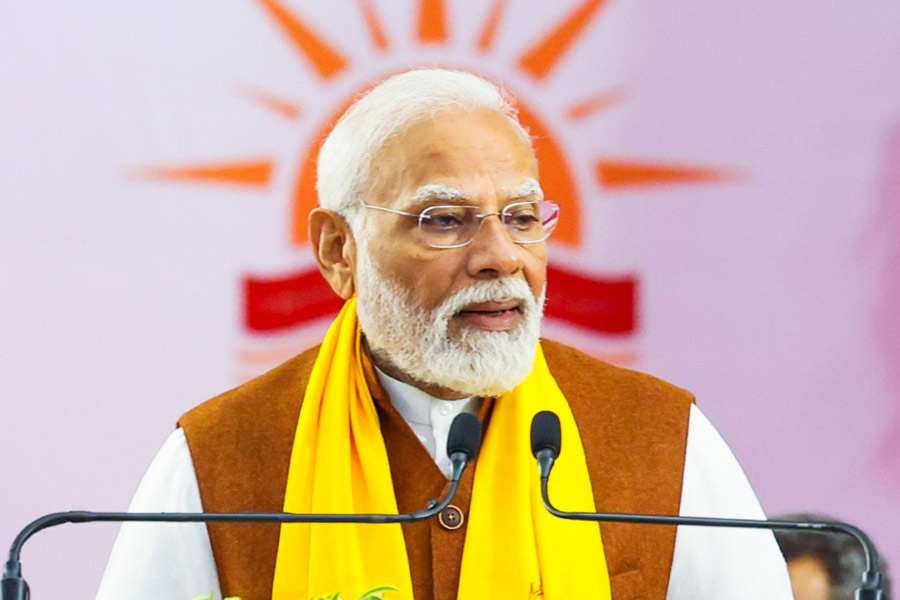Responding to a petition on malnourishment and hunger-related deaths in India, the Supreme Court recently left the idea of starting community kitchens to provide free, nutritious food to the underprivileged in the hands of states and Union territories. During the proceedings, the Centre denied the occurrence of starvation deaths in the country and claimed that schemes under the National Food Security Act have been able to resolve the challenges of hunger and malnutrition. The tendency to gloss over probable hunger deaths is not new: there is concern that coterminous physiological morbidities make it easier for the bureaucracy to attribute hunger deaths to other afflictions. But this has not rendered India’s hunger burden invisible. Deepening inequality — the latest Oxfam report indicates just how wide the chasm is — corruption and leakages in the public distribution system, poverty, agrarian crisis and emerging climate-change-induced deprivations are some of the causes that led India to rank 111 out of 125 countries on the Global Hunger Index in 2023. The Narendra Modi government dismissed this report by claiming that it did not reflect ground realities, a strategy that the regime has repeatedly employed to discredit reports that paint a bleak picture of India’s socio-economic realities. However, even government data on hunger are not exactly inspiring. For instance, had the GHI taken into account figures on calorie intake collected by the National Sample Survey Office, India would have fared worse than it did. Even a conservative estimate of around 7.44 crore Indian children under six put out by the ministry of women and child development shows that 37.51% of them were stunted, 17.43% underweight and 6% wasted. The fact that the government continues to provide free food grains to 80 crore Indians is proof that those on the margins are not food secure.
The Centre can get away with its denial because starvation and the resultant deaths have not been transformed into effective electoral weapons by the Opposition. But there is no doubting the fact that India’s endeavour to achieve food security is an ongoing battle. Meanwhile, newer challenges are emerging, such as the alienation of hunger from the charter of people’s rights, ideological encroachments on diverse diets, and strains on food production on account of worsening environmental metrics. Policy must act on these; but for such action to be effective, starvation’s persistence needs to be acknowledged first.











